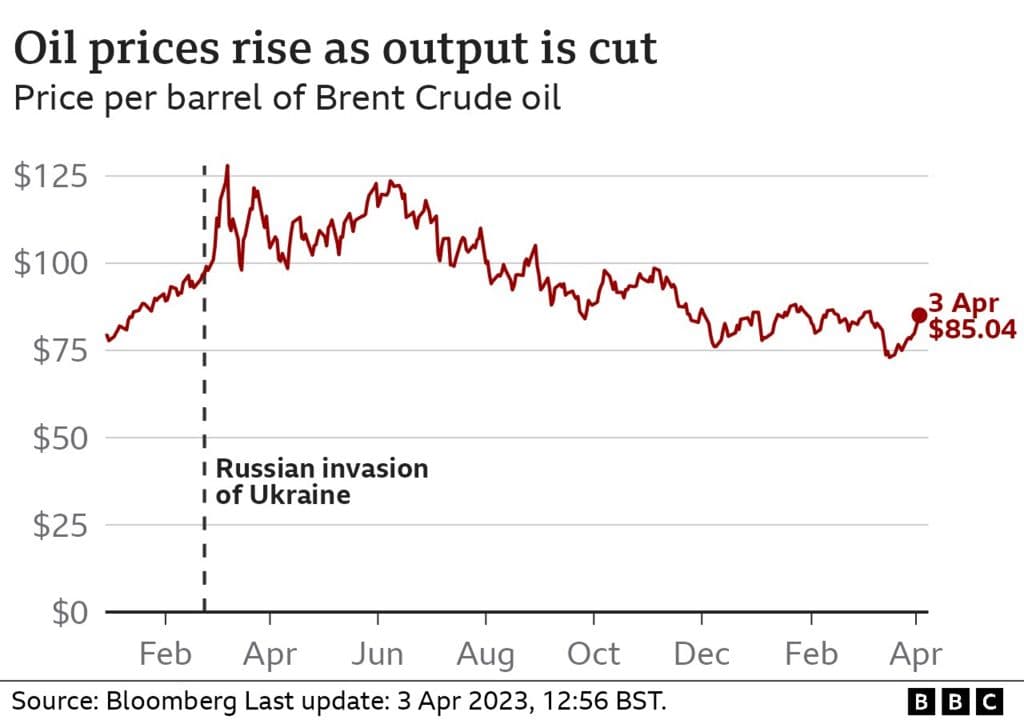Global Banking Moves to ISO 20022 Today, Payments Enter New Era
The SWIFT migration to the ISO 20022 messaging standard becomes broadly effective today, reshaping cross border payments with richer data and new operational demands for banks and fintechs. Consumers should generally see seamless transfers if upgrades are complete, but smaller institutions face testing and upgrade risks that could disrupt liquidity and compliance in the near term.
The global financial system is executing a major technical shift today as SWIFT moves many payment corridors and market participants onto the ISO 20022 messaging standard, phasing out older MT messages for a range of payment types. The transition is intended to bring more structured data into cross border messages, a change that promises to raise efficiency in processing and compliance over time while creating friction during the initial rollout.
An explainer published by MEXC on November 22 outlines the core operational implications. ISO 20022 carries richer, more structured fields for identifiers, remittance details and purpose codes. In practice that means higher quality data for banks, corporates and regulators to apply compliance screening, automate reconciliation and generate deeper payment analytics. When implementations are completed, firms expect improvements in straight through processing, and in the granularity of information available for anti money laundering and sanctions screening.
Despite those long term gains, the immediate picture is mixed. The migration has been a multi year program and affects thousands of institutions connected through SWIFT, which links more than 11,000 financial institutions in over 200 countries. Many large banks and payment hubs completed system upgrades months ago, but smaller banks and emerging market participants still face software changes, extended testing and vendor dependency that increase short term operational risk. The MEXC explainer warns that interoperability frictions may surface where legacy MT systems interact with new ISO 20022 nodes.
For corporate treasuries and payment service providers the new format can unlock better cash visibility and richer analytics, helping to optimize working capital and reduce exception handling. For compliance teams the more complete data set will allow more targeted screening logic, reducing false positives over time. These benefits will materialize only if counterparties transmit the enhanced fields consistently and settlement chains adopt the new standard end to end.
Market implications include potential timing disruptions and liquidity impacts if messages are rejected or require manual intervention. Banks that fail to parse the richer ISO 20022 payload may need to route payments through contingency corridors or delay processing, increasing intraday funding needs. Fintech firms that rely on third party messaging gateways or correspondent banks face vendor risk if those providers lag in certification or testing.
Regulators and market infrastructures are likely to monitor the transition closely. Supervisory attention on operational resilience, testing evidence and contingency planning is expected to increase as supervisors assess whether the migration raises systemic risk in key corridors. Policy tools could include deadline extensions, mandated testing windows or requirements for fallback arrangements, depending on how frictions evolve.
In the longer run the standard aligns with a persistent trend toward data driven finance. ISO 20022 lays technical groundwork for more automated liquidity management, programmable payment features and richer data feeds that support analytics driven decision making. But the near term will test the industry’s ability to coordinate upgrades across a complex web of banks, fintechs and market infrastructures, and the outcome will shape how quickly the projected efficiency and compliance gains are realized.

